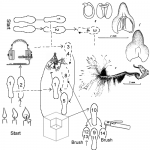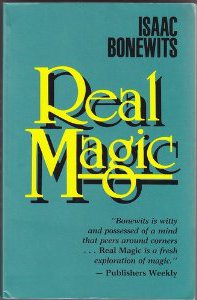 Imagine a language where there is no need for a word for “real” or “fact” because there are already very clear terms for such things as…
Imagine a language where there is no need for a word for “real” or “fact” because there are already very clear terms for such things as…
- conjecture for the sake of exploration
- conjecture for the sake of entertainment
- conjecture one really hopes is false
- conjecture one really hopes is true
- angry, unfounded accusations one would like to be true so one can feel justified in being angry because one thinks feeling angry without justification is shameful and the purview of toddlers
- something deep-sounding and vaguely poetic that one asserts because one whimsically confuses beauty with truth
- something deep-sounding and vaguely poetic that one asserts because one stoically confuses pessimism with prophecy
- something one is worried about that one actually hopes is not true that one asserts as a provocation in lieu of actually asking the hearer to make the speaker feel better
- an outright lie to deflect blame from oneself










